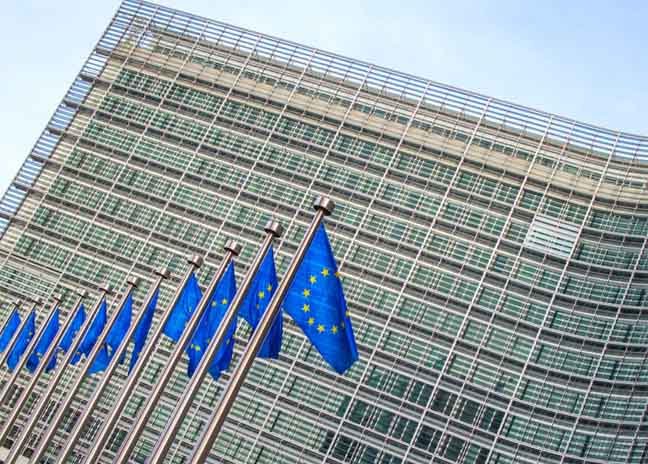After nearly two years of legal wrangling, the European Parliament on Tuesday passed the Digital Markets Act and the Digital Services Act, teeing up a showdown between the continent and US tech giants.
With the two sets of laws approved, the measures move to the European Council for passage. If green-lit, as is expected over the next few months, the DMA and DSA will go to EU nations to implement and put into action. We note that neither act will be enforceable until January 1, 2024 at the earliest.
Both acts place restrictions on the behavior of large tech companies. The DMA aims to rein in the power of “gatekeepers” that are too large to be avoided, while the DSA operates under the assumption that “what is illegal offline, should be illegal online,” as the EU Parliament describes it.
Gatekeeper companies include Amazon, Google, and Facebook, which control access to platforms that are used by third-party businesses. The DMA will regulate these souks and social networks by preventing them from curtailing access to their platforms or prioritizing their own goods and services over those of competitors.
The DMA’s provisions are similar to the American Innovation and Choice Act, which is working its way through the US legislative system.
The DSA “sets clear obligations for digital service providers, such as social media or marketplaces, to tackle the spread of illegal content, online disinformation and other societal risks,” according to a statement issued by the EU Parliament.
But do the acts have teeth?
The European Consumer Organization (BEUC) sent a letter to the EU Parliament late last month expressing concern that nations may not have the staff, skills, and oomph to ensure Big Tech actually obeys the rules.
“If the [European] Commission lacks the necessary resources and in-house expertise to ensure compliance, big tech companies would be unlikely to take seriously their responsibilities to comply,” the letter argued.
Andreas Schwab, a German member of the EU Parliament who introduced the DMA, expressed similar concerns. “We need proper supervision to make sure that the regulatory dialogue works. It is only once we have a dialogue of equals that we will be able to get the respect the EU deserves; and this, we owe to our citizens and businesses.”
BEUC deputy director general Ursula Pachl said much of the success or failure of the acts comes not from the EU Parliament or EC, but EU nations. “Member states must now also provide the Commission with the necessary enforcement resources to step in the moment there is foul play,” Pachl said.
We note that the Parliament stated on Tuesday:
The Register has reached out to the BEUC and Schwab to learn more about the specific roadblocks to enforcement and will update upon reply. ®





















Discussion about this post